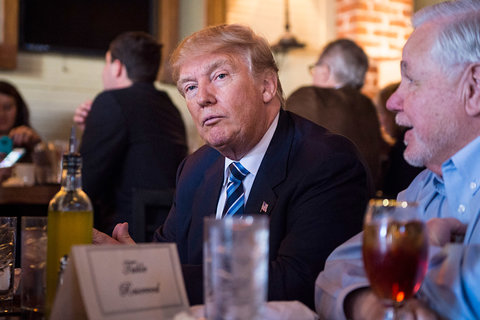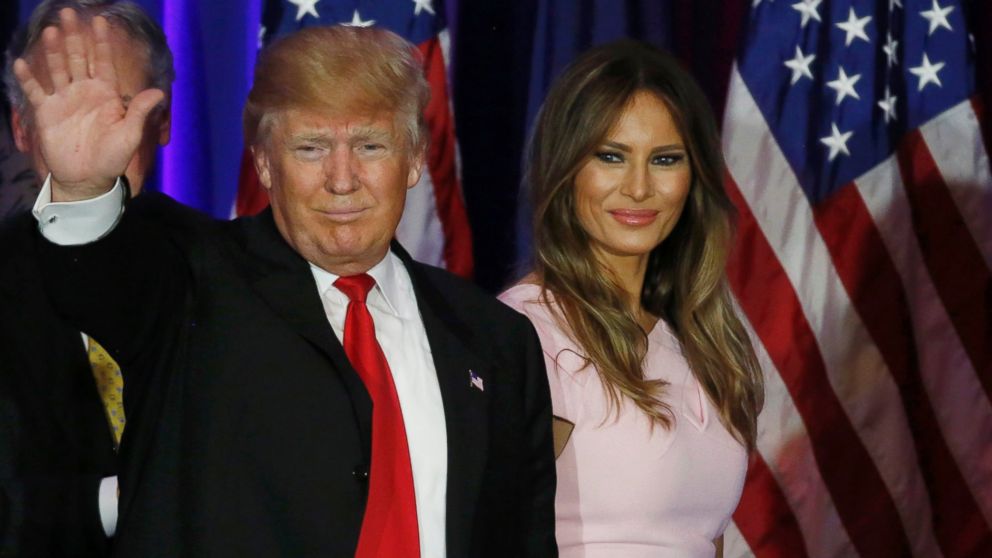
Nov 10, 2016
By: Julie Jargon and Annie Gasparro | November 9, 2016 | WSJ.com
Food is food, but investors in companies that serve it at restaurants are viewing the election of Donald Trump differently than those who invest in businesses that package and sell it to supermarkets.
The restaurant industry’s lobbying group said it expects President-elect Trump to lift regulations it says have stifled growth and to spur spending.
“I think Trump’s win will be great for the economy. I think we’ll see real GDP [gross domestic product] growth and that will be great for the restaurant and retail industry,” said Andy Puzder, chief executive of CKE Restaurants Inc., the privately held parent company of Carl’s Jr. and Hardee’s, in an interview.
Several restaurant chains, including The Cheesecake Factory, Bravo Brio Restaurant Group Inc. and Olive Garden parent Darden Restaurants Inc., had sizable share gains in midday trading Wednesday.
But shares in global packaged food and beverage companies including Mondelez International Inc., Kellogg Co. and PepsiCo Inc. fell as analysts warned of implications on global trade.
Analysts say Mr. Trump could impose trade restrictions with countries such as Mexico and China, given comments he made opposing the North American Free Trade Agreement and the Trans-Pacific Partnership.
Continue Reading…

Nov 10, 2016
By: Joe Kefauver | November 9, 2016 | restaurant-hospitality.com
A big chunk of American citizens and corporate leaders are going to wake up this morning, tomorrow and the next day with more questions than answers on the heels of Trump’s shocking win. Nowhere are there more questions about the future than on Wall Street. The simple fact is that markets hate uncertainty — and many investors believe Donald Trump’s unpredictable nature and anti-trade stance could bring lots of global uncertainty in both the short and long-term future.
Make no mistake about it, Trump’s victory was a vote against Washington, against politics as usual and against the “system.” It was not only a rebuke of the last eight years under President Obama, but also of Mitt Romney, John McCain and George W. Bush.
It’s worth pointing out that campaigning and governance are very different, as is running a business in the private sector and managing a sprawling bureaucracy. One of the primary jobs of the president and his cabinet secretaries is managing the federal government, broken into agencies. We can safely assume an immediate reversal of the posture of all agencies from the Department of Labor to the Environmental Protection Agency. The National Labor Relations Board will continue operating as currently constituted until the president can seat a new appointee to the board in 2018. There will be no love lost between President Trump and bureaucrats at the Internal Revenue System, the Department of Labor and the Securities Exchange Commission. A full-scale dismantling of federal agencies and subsequent war with public sector unions is not out of the realm of possibility.
Continue Reading…


